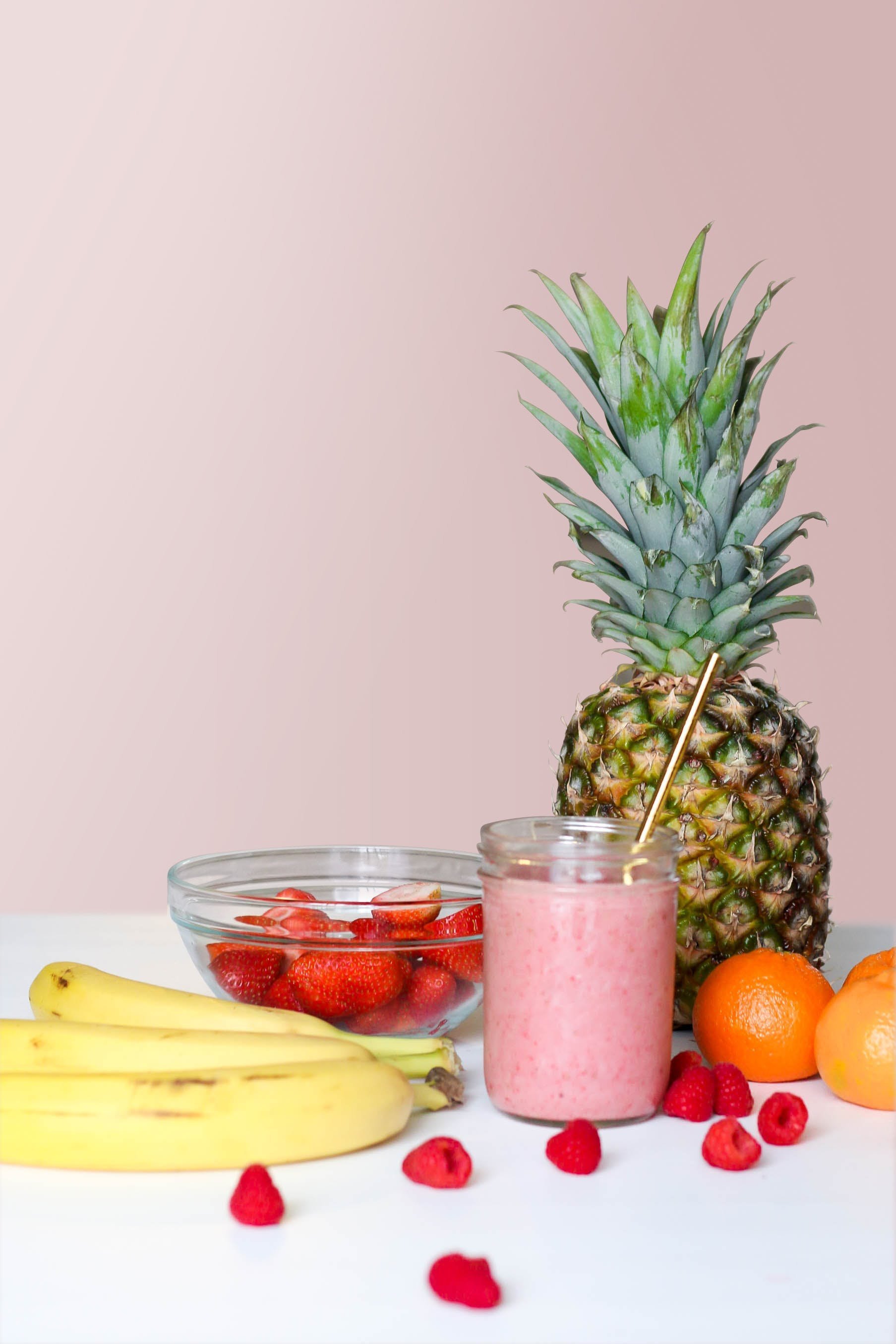What We Put In Our Bodies Matters
Too often, while in the midst of the hard work of recovery, while working so diligently to free oneself from the grip of addiction, individuals are at risk of falling prey to other equally damaging addictions, especially in terms of what they eat; namely sugar, carbs, and comfort food. Too often at Peace Club, we see our clients who are on fire for recovery, making needed changes in many areas of their life, but turning a blind eye to what they are consuming.
In their book, The Allergy Solution, Dr. Leo and Jonathan Galland describe their understanding of the ways that many things, from the air we breathe, the chemicals we use to clean our house, and the food we eat, contribute to an inflammatory state of our bodies that leads to sickness and other allergic diseases. Their belief is that by customizing diet and paying attention to what enters into our bodies, we can create balance in the gut and return it to a normalized state.
This process, of course involves getting to know one’s inner workings a bit more deeply.
Microbiome, we all have one.
We may all have one, but what is it, and why does it matter?
Your microbiome is a collection of trillions of bacteria and other organisms that live in your gut or GI tract. These naturally-occurring bacteria that live in your body have an immense effect on your immune system, and have vital roles in metabolism, digestion, immunity, producing hormones and vitamins, and detoxifying.
The microbiome is very dynamic, it is constantly changing in reaction to its environment, and wholly dependent upon what you feed it. But by consuming a nutrient deficient diet that is rich in harmful sugars and GMO-laced foods, you risk dysbiosis of the gut.
The Brain-Gut Connection
More and more research is showing how tightly the microbiome is connected to our brain and other organs. We have known for some time that it appears the brain exerts a significant amount of influence on the gut, however we are now understanding that the inverse is also true.
Research in the last few years has contributed to a growing field of evidence reiterating the influence of the gut microbiome on neural development and brain chemistry, observed behaviorally as differences in emotional behavior, pain perception, and how the stress system responds.
With a sophisticated neural network transmitting messages from trillions of bacteria, it is no wonder that the quality of your biome will affect your mood, mental clarity, and can even lead to anxiety and depression. This is because the majority of serotonin and dopamine (the feel good hormones) are produced in our gut, and can become dysregulated when denied the high fiber plant material and the right kind of fats on which it thrives. While medication like an SSRI can help regulate these neurotransmitters, ideally we need to be creating more of our own serotonin and dopamine as well.
How do we do this? By first healing our gut, then giving it the food it needs to thrive.
So why has our gut become so messed up?
When we are born, our gut is sterile. But over time, our gut develops a diverse and distinct brew of bacterial species, determined in part by genetics and in part by what bacteria live in and on those around us. And of course, what we put into our bodies matters as well. Healing our gut involves avoiding the following:
1. High sugar/ processed food diet- This diet is not meant for humans or our gut friends.
2. Antibiotics- If they kill the bad guys, they’re obviously killing the good ones as well. While beneficial, they have become too widely used. Bottom line, only take antibiotics when absolutely necessary.
3. Pesticides/herbicides- Again if they kill bacteria and pests on plants, what do you think they’re doing to your gut friends?
4. Factory farmed meat, GMOs, and the routine use of Round-up aka glyphosate on most everything that’s not organic.
5. Medications including Acid-blocking PPI’s (Nexium, Prilosec) and anti-inflammatory drugs (NSAIDs,aspirin,ibuprofen)
At first, it may be very difficult for people to adapt to a healthier food lifestyle, but after one week of healthy eating, the previous gut bacteria that craved sugar will die off, and your tastes will slowly shift and update to reflect your new recovery lifestyle. It may seem overwhelming to change your diet all at once, or too ambitious of a plan only to fall off in about two weeks. We suggest starting with switching out the sugary sodas and drinks in favor of water,but we want to hear from you! What was the first step you took towards a healthier you? Let us know in the comments below or on social media!


